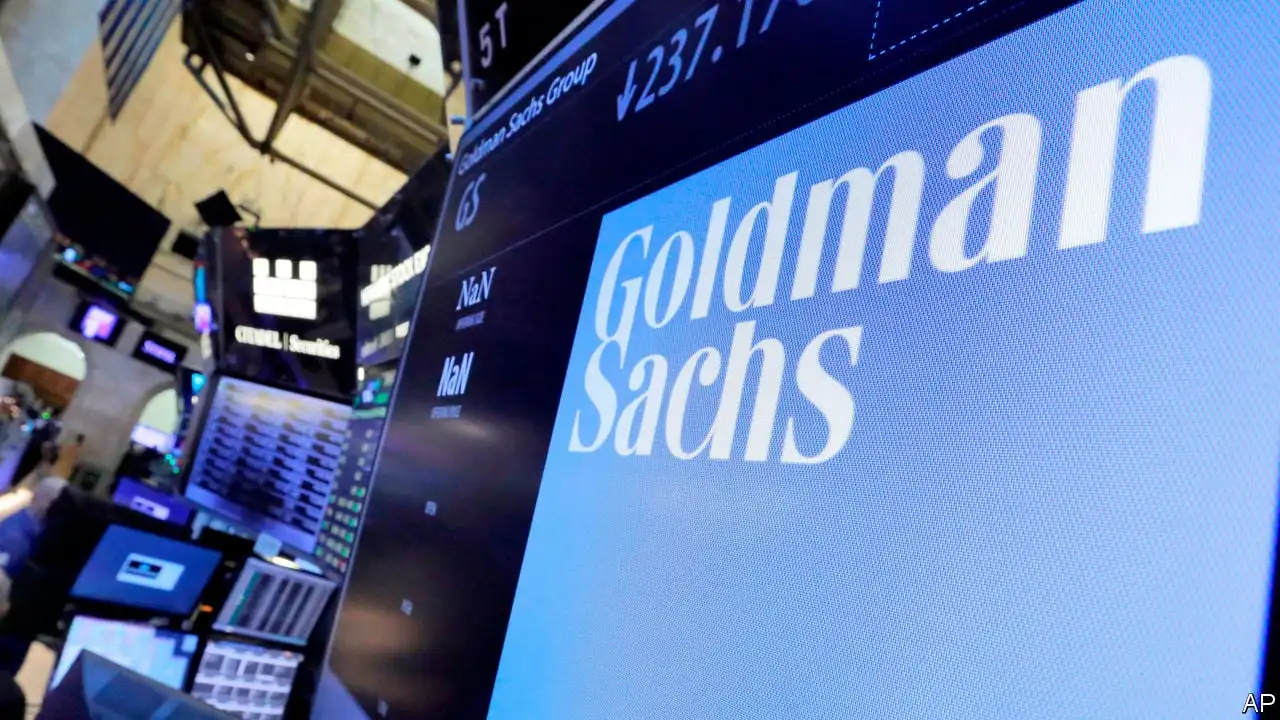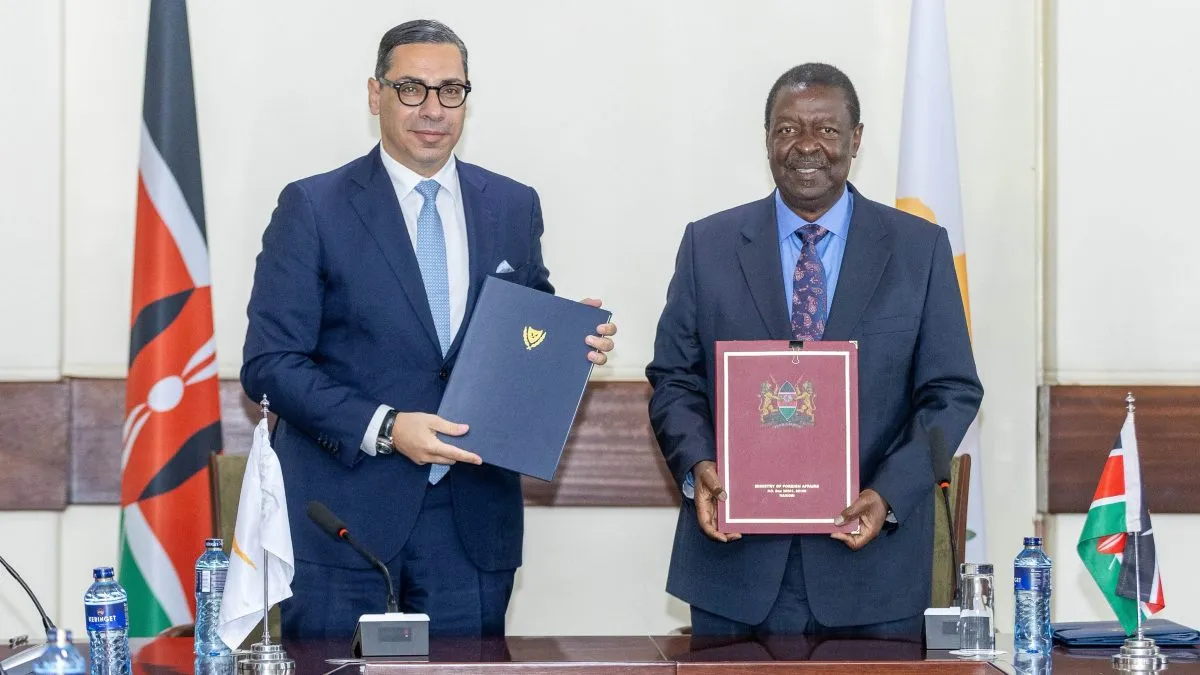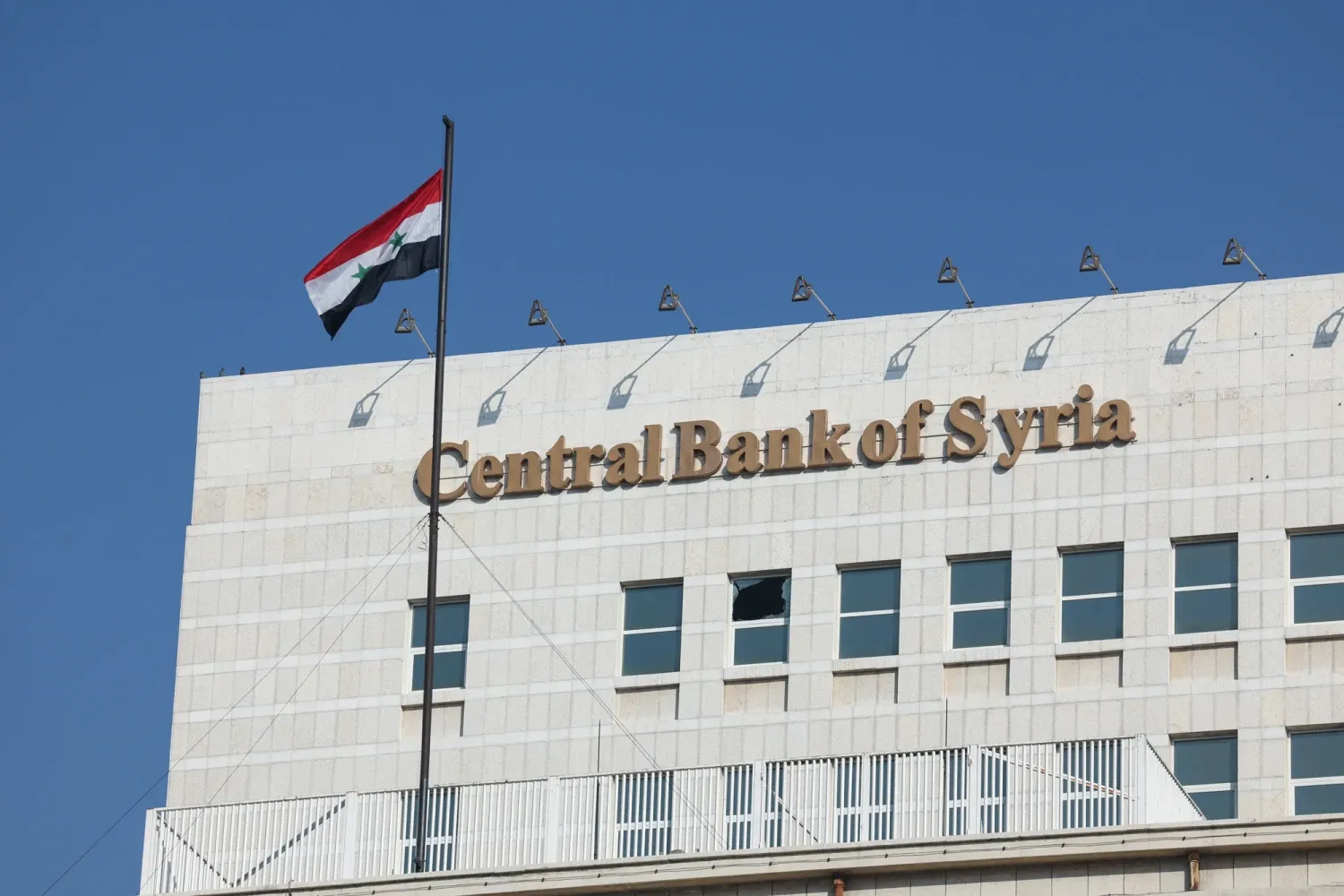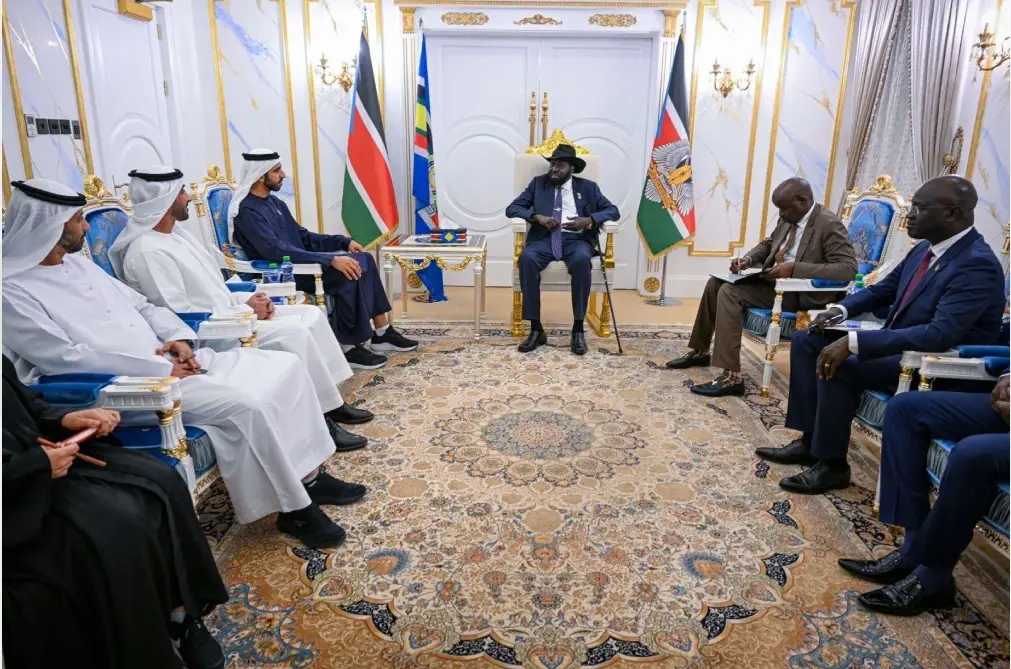South Korea’s retail investment landscape by securing the rights to distribute a suite of Goldman Sachs Asset Management funds within the country. The memorandum of understanding (MOU), signed on May 5, 2025, at Goldman Sachs’ New York headquarters, heralds a new era of cross‑border collaboration that will open the door for Korean investors—both individual and institutional—to tap into the deep reservoirs of expertise, product diversity and global reach long associated with Goldman Sachs.
By leveraging Goldman Sachs’ $3.1 trillion in assets under management and KIS’s extensive domestic network, the partnership aims to introduce a range of traditional equity and fixed‑income strategies alongside alternative investments such as structured credit, private debt and thematic funds. Beyond simple distribution, the MOU commits both parties to ongoing cooperation in product sourcing, market research, data sharing and talent exchanges—underscoring a vision of true strategic integration rather than a mere reseller arrangement.
A Historic Partnership in K‑Finance
For KIS, the tie‑up with Goldman Sachs marks one of the most significant alliances in its history. Under the leadership of CEO Kim Sung‑hwan—who assumed office in late 2023—the firm has pursued an aggressive globalization strategy, forging partnerships with the Carlyle Group, Anchorage Capital, and Stifel Financial Corp. In just over a year, KIS more than doubled its cumulative balance of global financial products for retail customers to ₩11.5 trillion (approximately $8.3 billion), representing 16 percent of its ₩73 trillion personal‑products portfolio. With Goldman Sachs on board, that figure is poised to climb even further, as new fund launches and co‑branded solutions are rolled out through KIS’s 120‑branch network and growing digital channels.
Kim Sung‑hwan captured the partnership’s ambition succinctly: “This collaboration with Goldman Sachs represents a milestone in Korea Investment & Securities’ evolution as a truly global player. By combining our deep local insights and robust distribution capabilities with Goldman Sachs’ world‑class investment expertise and risk‑management framework, we are setting a new standard for K‑finance worldwide.”
Goldman Sachs’ Asia‑Pacific Push
For Goldman Sachs Asset Management (GSAM), the alliance is part of a broader initiative to deepen its footprint in Asia’s largest economies. Ronald Lee, co‑head of GSAM’s Asia‑Pacific client solutions group, emphasized that Korea represents a “vibrant and rapidly evolving market,” where retail investors are increasingly seeking access to global opportunities. “Our collaboration with KIS will allow us to offer insights and products tailored specifically to Korean investors’ needs—whether that’s income‑oriented solutions, thematic strategies in technology and green energy, or private credit vehicles designed for capital preservation in a low‑yield world.”
Asia accounts for a growing share of GSAM’s global AUM, and partnerships with well‑established local firms provide a scalable model for navigating complex regulatory regimes, cultural nuances, and evolving distribution channels. KIS will benefit from GSAM’s research platform spanning more than 1,200 investment professionals, while Goldman Sachs gains access to KIS’s deep relationships across Korea’s corporate, wealth‑management and retail segments.
Riding the Wave of Overseas Investment
In recent years, South Korean investors have demonstrated a voracious appetite for overseas assets, driven by low domestic yields, concerns over conglomerate governance, and the quest for diversification. By the end of 2024, retail holdings in U.S. equities topped $112 billion—an increase of nearly 65 percent year‑on‑year—while the benchmark KOSPI index languished under the weight of geopolitical tensions and tepid economic growth. The pivot toward offshore funds and exchange‑traded products has accelerated: publicly offered foreign‑asset funds in Korea reached ₩1,802 trillion in 2024, up 12 percent from the prior year.
KIS has been at the forefront of meeting this demand. Last month alone, its newly launched Global Strategic Multi‑Income Fund—which allocates over half of its portfolio to GSAM vehicles—collected approximately ₩170 billion in initial subscriptions. Earlier this spring, the brokerage introduced a co‑branded private debt fund targeting an 8 percent annual return, selling out in days. With Goldman Sachs funds added to the lineup, KIS anticipates that next‑generation products—such as multi‑asset income solutions, sustainable‑themed equity strategies, and private credit baskets—will further galvanize investor interest.
Competitive Dynamics in the Korean Brokerage Sector
KIS faces stiff competition from established firms that have also ramped up their offshore offerings. Mirae Asset Global Investments, Samsung Securities and NH Investment & Securities have all forged global alliances—from joint ventures in Hong Kong to strategic ties with U.S. asset managers. However, industry insiders note that KIS’s integrated approach—melding distribution, research collaboration and employee rotations—could give it a competitive edge in product innovation and client servicing.
Moreover, KIS’s track record of executing complex alternative‑credit deals through its New York joint venture, SF Credit Partners (launched with Stifel Financial), has positioned it as a credible underwriter and distributor of private debt and acquisition finance vehicles. Adding Goldman Sachs on top of that foundation enhances KIS’s ability to co‑develop bespoke mandates for Korean pension funds, insurance companies and family offices seeking direct exposure to private markets.
Regulatory and Institutional Tailwinds
South Korea’s financial regulators have signaled support for greater product diversification and foreign collaboration. Recent amendments to the Financial Investment Services and Capital Markets Act streamlined the approval process for offshore fund distribution, reducing application times by up to 30 percent. Meanwhile, the National Pension Service—Asia’s largest pension fund—continues to fine‑tune its external manager selection process, with fresh guidelines expected in the second half of 2025. This has created an opening for asset managers to cultivate retail and high‑net‑worth segments, compensating for delays in institutional mandates.
The government’s broader economic agenda—emphasizing digital transformation, green energy and cutting‑edge manufacturing—also dovetails with thematic investment strategies. A $2.9 billion joint public‑private commitment to build a national artificial intelligence computing center by 2030, for instance, has sparked interest in specialized technology‑infrastructure funds. KIS and Goldman Sachs are reportedly in talks to co‑design an AI‑focused equity fund that would capitalize on Korea’s semiconductor and software champions.
Technology, Distribution and the Client Experience
Beyond product listings, KIS is investing heavily in digital platforms and advisory tools to enhance client engagement. The firm’s proprietary mobile app now features an AI‑powered recommendation engine that blends personal risk profiles, macro‑economic indicators and sectoral momentum to suggest tailored asset allocations. Plans are underway to integrate Goldman Sachs’s research dashboards into the app, providing Korean users access to global equity screens, fixed‑income analytics and thematic reports in real time.
KIS also intends to roll out an educational series—co‑hosted with GSAM—offering webinars and workshops on topics such as currency hedging, ESG integration and private debt due diligence. By cultivating investor understanding alongside product availability, KIS hopes to mitigate common pitfalls—such as overconcentration, unintended risk exposures or currency mismatch—that can undermine returns in cross‑border portfolios.
Risks, Challenges and Mitigation
While the outlook is positive, both firms acknowledge potential headwinds. Currency volatility remains a perennial concern: the won’s swings against the dollar can materially impact returns of unhedged global funds. To address this, the initial suite of Goldman Sachs offerings will include currency‑hedged share classes. Interest‑rate normalization in the U.S. and Europe could also trigger sudden repricing across credit markets, underscoring the importance of active risk monitoring.
On the regulatory front, tighter scrutiny over foreign‑asset sales practices has prompted calls for clearer disclosures and more robust suitability assessments. KIS plans to enhance its compliance framework, incorporating automated alerts when client portfolios drift beyond predefined thresholds or when market conditions warrant rebalancing.
Analyst Perspectives
Market observers view the alliance as a logical next step in Korea’s financial globalization. “KIS has demonstrated both the ambition and execution capability to partner with global leaders,” says Lee Min‑ju, a senior analyst at Seoul‑based Mirae Asset Securities. “Goldman Sachs gains a proven distribution platform, while KIS acquires the product pedigree needed to win over increasingly sophisticated investors.” Others caution, however, that execution risk—especially around digital integration and talent exchanges—will determine whether lofty goals translate into sustainable growth.
Looking Ahead: A Blueprint for Asia’s Wealth Management
If successful, the KIS–Goldman Sachs model may inspire similar tie‑ups across Asia’s emerging markets. Joint ventures or MOU‑style partnerships could proliferate in markets such as Thailand, Malaysia and Vietnam, where domestic wealth managers seek to marry local networks with global asset‑management expertise. In South Korea itself, anticipation is high for the next wave of co‑branded offerings—ranging from private infrastructure debt to frontier‑market equity fund of funds.
KIS executives hint that additional partnerships are on the horizon. Discussions are reportedly underway with European alternative managers to bring structured‑credit and real‑asset strategies to Korean investors. Meanwhile, Goldman Sachs continues to scout for local partners in Japan and India under a broader “hub‑and‑spoke” strategy aimed at decentralizing distribution across key Asian markets.
Conclusion
The memorandum of understanding between Korea Investment & Securities and Goldman Sachs Asset Management marks a pivotal moment in South Korea’s financial history. By fusing a world‑class global asset‑management franchise with a nimble, locally attuned brokerage, the partnership is poised to redefine how Korean investors access and engage with overseas markets. As the broader industry races to match this ambition, the true winners will be individual and institutional clients—empowered with innovative products, enriched by cutting‑edge research, and supported by a seamless blend of human and digital advice.
With fund launches already showing strong demand, and a robust roadmap for expansion—spanning thematic strategies, private markets and AI‑powered advisory—KIS and Goldman Sachs appear well‑positioned to capture the next wave of Korean capital flowing abroad. In doing so, they are not only strengthening South Korea’s position within the global financial ecosystem but also laying the groundwork for Asia’s wealth management industry to leap boldly into the future.
Ready to take your career to the next level? Join our dynamic courses: ACCA, HESI A2, ATI TEAS 7 , HESI EXIT , NCLEX – RN and NCLEX – PN, Financial Literacy!🌟 Dive into a world of opportunities and empower yourself for success. Explore more at Serrari Ed and start your exciting journey today! ✨
Photo source: Google
By: Montel Kamau
Serrari Financial Analyst
7th May, 2025
Article, Financial and News Disclaimer
The Value of a Financial Advisor
While this article offers valuable insights, it is essential to recognize that personal finance can be highly complex and unique to each individual. A financial advisor provides professional expertise and personalized guidance to help you make well-informed decisions tailored to your specific circumstances and goals.
Beyond offering knowledge, a financial advisor serves as a trusted partner to help you stay disciplined, avoid common pitfalls, and remain focused on your long-term objectives. Their perspective and experience can complement your own efforts, enhancing your financial well-being and ensuring a more confident approach to managing your finances.
Disclaimer: This article is for informational purposes only and does not constitute financial advice. Readers are encouraged to consult a licensed financial advisor to obtain guidance specific to their financial situation.
Article and News Disclaimer
The information provided on www.serrarigroup.com is for general informational purposes only. While we strive to keep the information up to date and accurate, we make no representations or warranties of any kind, express or implied, about the completeness, accuracy, reliability, suitability, or availability with respect to the website or the information, products, services, or related graphics contained on the website for any purpose. Any reliance you place on such information is therefore strictly at your own risk.
www.serrarigroup.com is not responsible for any errors or omissions, or for the results obtained from the use of this information. All information on the website is provided on an as-is basis, with no guarantee of completeness, accuracy, timeliness, or of the results obtained from the use of this information, and without warranty of any kind, express or implied, including but not limited to warranties of performance, merchantability, and fitness for a particular purpose.
In no event will www.serrarigroup.com be liable to you or anyone else for any decision made or action taken in reliance on the information provided on the website or for any consequential, special, or similar damages, even if advised of the possibility of such damages.
The articles, news, and information presented on www.serrarigroup.com reflect the opinions of the respective authors and contributors and do not necessarily represent the views of the website or its management. Any views or opinions expressed are solely those of the individual authors and do not represent the website's views or opinions as a whole.
The content on www.serrarigroup.com may include links to external websites, which are provided for convenience and informational purposes only. We have no control over the nature, content, and availability of those sites. The inclusion of any links does not necessarily imply a recommendation or endorsement of the views expressed within them.
Every effort is made to keep the website up and running smoothly. However, www.serrarigroup.com takes no responsibility for, and will not be liable for, the website being temporarily unavailable due to technical issues beyond our control.
Please note that laws, regulations, and information can change rapidly, and we advise you to conduct further research and seek professional advice when necessary.
By using www.serrarigroup.com, you agree to this disclaimer and its terms. If you do not agree with this disclaimer, please do not use the website.
www.serrarigroup.com, reserves the right to update, modify, or remove any part of this disclaimer without prior notice. It is your responsibility to review this disclaimer periodically for changes.
Serrari Group 2025





